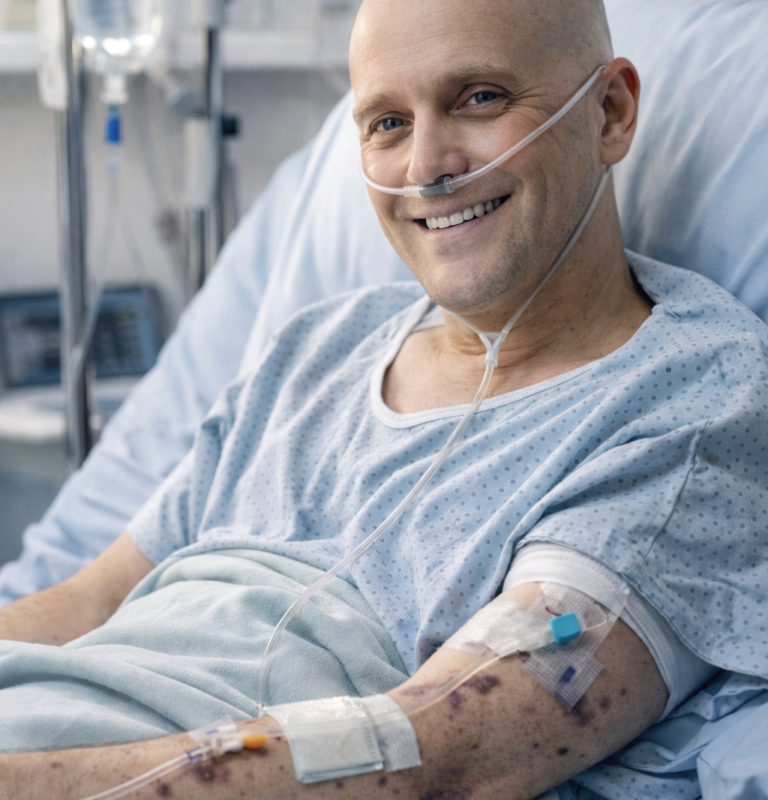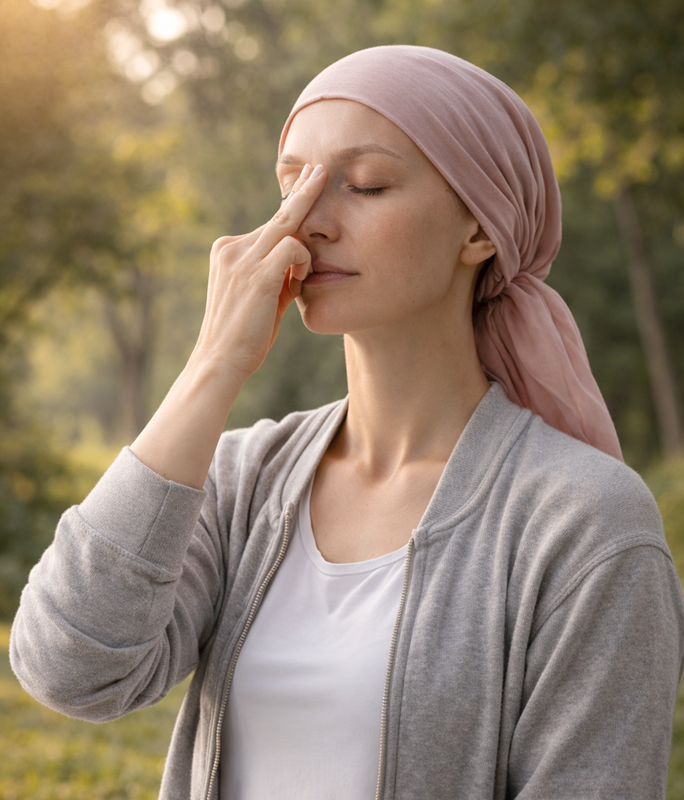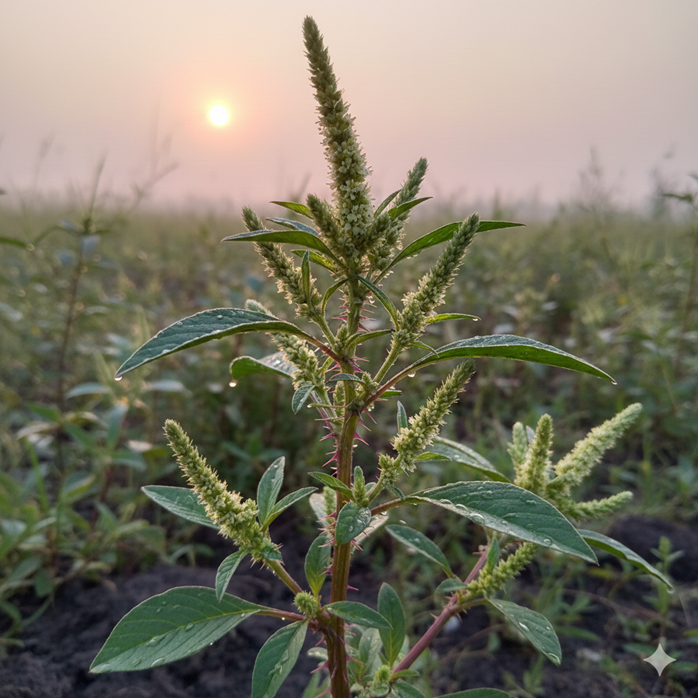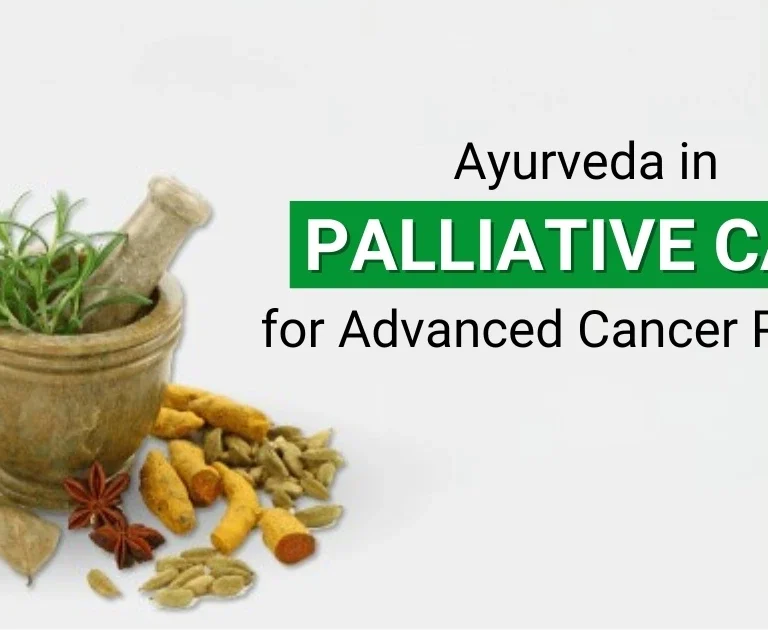Best Ayurvedic Doctor for the Treatment of Blood Cancer or Leukemia in India Blood cancer is a broad term use...
Cancer treatment is not only about fighting the disease but also about improving quality of life at every stag...
Leukemia is a type of blood cancer that originates in the blood-forming tissues, primarily the bone marrow and...
Leukemia is a type of blood cancer that starts in the bone marrow. Bone marrow is the soft tissue where white...
Advanced-stage cancer patients greatly benefit from Palliative Care, which plays a vital role in improving qua...





